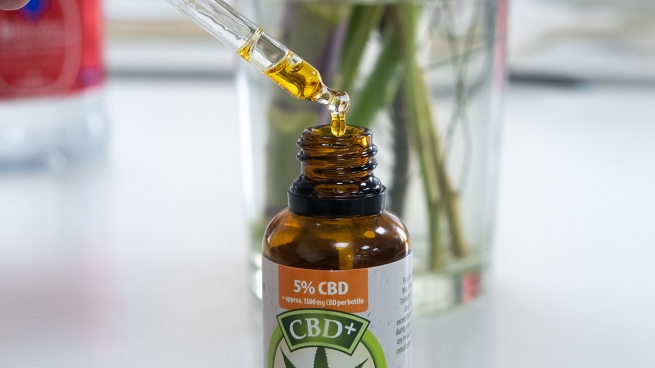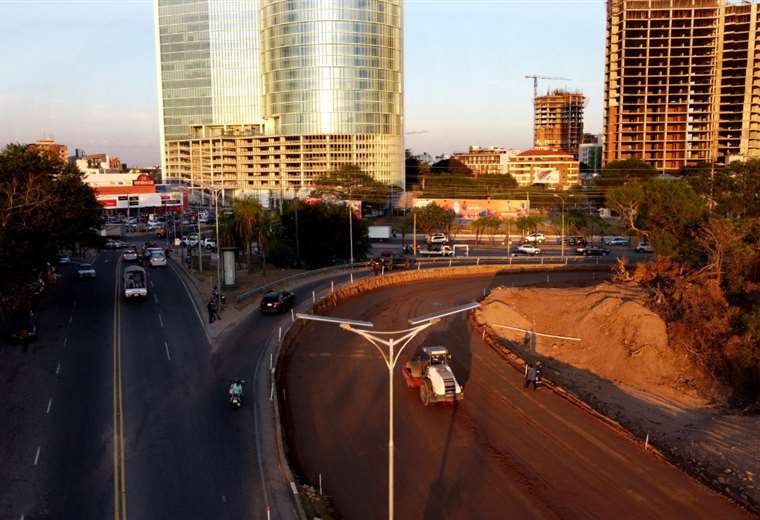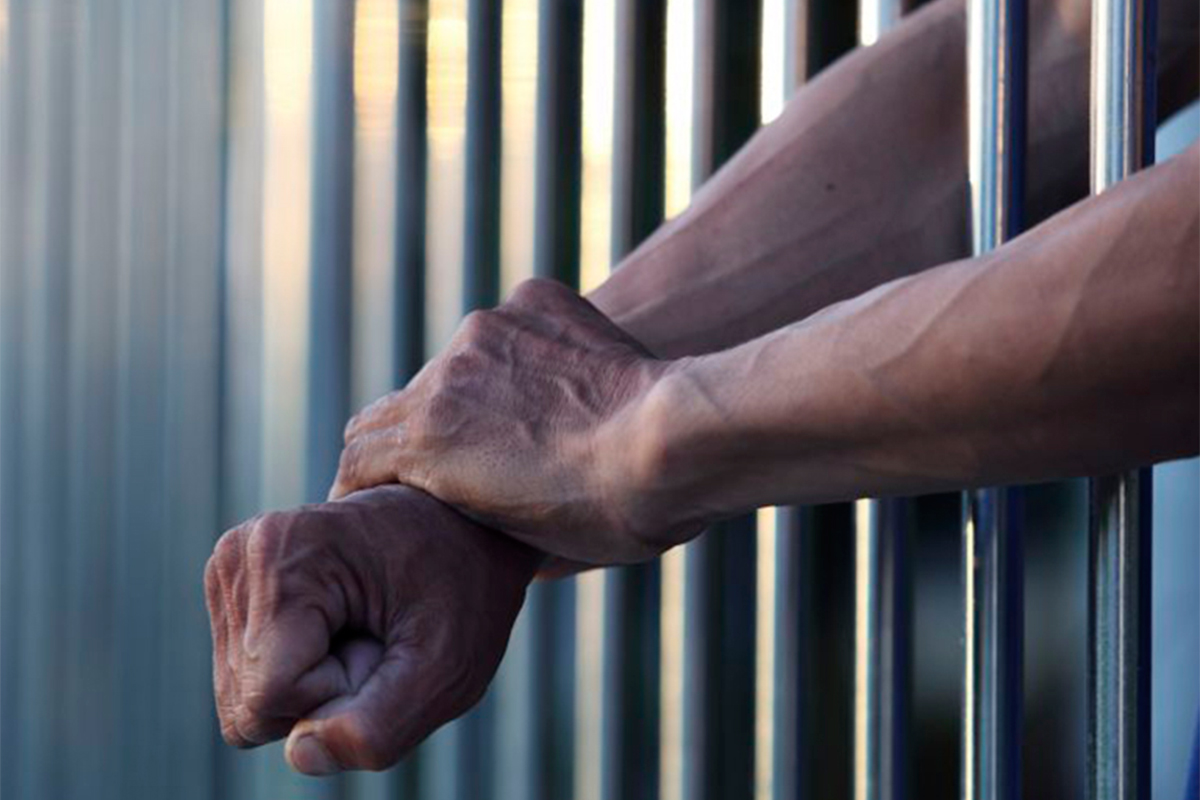The Supreme Court of Justice rejected an injunction promoted by a group of mothers that sought to prevent any state intervention on cannabis treatments medicine for their children, but decided that those who are not registered in the self-cultivation register cannot be penalized if they show that it has a therapeutic purpose.
The unanimous ruling of the highest court was issued from a presentation by the association Medical Cannabis Moms (Macame) and was preceded by a public hearing held two months ago in which they presented as “amicus curiae” (friends of the court) the Public Ministry of Defense and the interim Attorney General, Eduardo Casal, the legal representatives of each of the parties and the province of Santa Fe.
In its resolution, the country’s highest court prioritized the right to health and recalled that, according to current regulations, “it is decriminalized the cultivation of cannabiss for medicinal purposes by the mothers of minors”, but warned that the Registry of the Cannabis Program” (Reprocann) created for state control “is reasonable”.
Macame had requested the unconstitutionality of the regulations on registration and authorization, arguing that the self-cultivation of medicinal cannabis is a “private action”, protected by the article 19 of the National Constitutionexempt from State control and permission, and invoked the right to privacy.
Those who grow cannabis for therapeutic purposes if they are registered with the Reprocann cannot be penalized, and if they are not, but the cultivation is for medicinal purposes, the person cannot be penalized.
But the court noted that the constitutional norm “recognizes the individual an area in which he can freely adopt fundamental decisions about his person, without any intervention by the State or individuals, as long as those decisions do not violate the order, the public morality or the rights of third parties.
According to the judges of the Court, the goal of state control is to prevent the misuse of medicinesdetermine the danger of these, their proven and verifiable action and therapeutic purposes and their scientific, technical or economic advantages, in accordance with scientific advances.
“The public health and safety reasons involved are sufficient to justify the State issuing administrative authorizations within the framework of the Law 27,350 for self-cultivation and the production of products derived from cannabis for medicinal purposes”, highlighted the ruling.
For the highest court, if the “best interest of the child” is weighed, as mandated by international treaties incorporated into local law, “the claim to decide without any kind of state intervention on the treatment with self-cultivated cannabis for medicinal purposes for their minor children , it also finds no justification”.
It concluded that the current regulations “tend to preserve a relevant state interest such as comprehensive public health care, based on the fact that the supply of cannabis and its derivatives can cause secondary or adverse effects of different intensity.”
The Court also recalled that the mothers had complained about the delays in enrolling in the Reprocann and in this regard requested that “according to the values at stake, the requests for authorization be processed and resolved quickly in order to prevent poor implementation “.
In dialogue with Télam, Macame’s lawyer, Sunday Rondina, explained that, despite the fact that “it is not everything we expected because we would have preferred not to have to register” with Reprocann, the ruling “is a very important advance”.
In this regard, he noted that “for the first time the Court analyzes the issue of medicinal cannabisthat the right of a person to cultivate in their own home is a constitutional right within the framework of the right to health of children and the family”.
He clarified that, according to the highest court, those who grow cannabis for therapeutic purposes “if they are registered in the reprocann they cannot be penalized, and if they are not, but the cultivation is for medicinal purposes, the person cannot be penalized.”
“It is a very important advance, because when considering that conduct before the State has been decriminalized, it establishes that it cannot be reversed no matter how much the Government changes,” he said.
The Court says in its resolution that “cultivating and processing medical cannabis could not be changed by a lower standard,” said the lawyer.
Laura Acosta, president of Macame and one of the promoters of the appeal that reached the Court, is the mother of an adolescent with severe encephalopathy who reduced her daily seizures from 400 to one or none thanks to the cannabis oil they prepare in her House.
“A very important step was taken, because the Court does not say that mothers have to go to the registry to cultivate”he told Télam, and stressed that the ruling “does not oppose the activity we are carrying out.”
He added that “he does not say that our activity is punishable” and with this consideration he paves “further the path towards a more arduous militancy” in order to get “up to decriminalization.”
“I, who am not registered, can paste the Court’s ruling throughout the house because it sets a good precedent,” she stressed, noting that “it is not everything, but it is a before and after.”
On the other hand, resolution 260 issued by the National Seed Institute (INASE) published this Tuesday in the Official Gazette, authorized the cultivation of cannabis for research and medicinal purposes within the framework of Law No. 27,350.
In this regard, Laura said that “without seeds there is no crop”, and highlighted “it is very good for families that they are available in Argentina”.
From the sanction of Law 27350 of 2017, its regulations and different accessory resolutions of the Ministry of Health, it was established that people with pathologies contemplated for treatment with medicinal cannabis, can access it in two ways: through the availability of the oil industrially manufactured -either through the acquisition, the provision by social and prepaid works, or provided free of charge by the State from the inclusion of the patient in the National Program for the Study and Research of the Medicinal Use of the Plant of Cannabis.
Or through self-cultivation enabled only for those who are registered in the Reprocann, which allows to have between 1 and 9 flowering plants from a doctor’s prescription also registered in this database.









